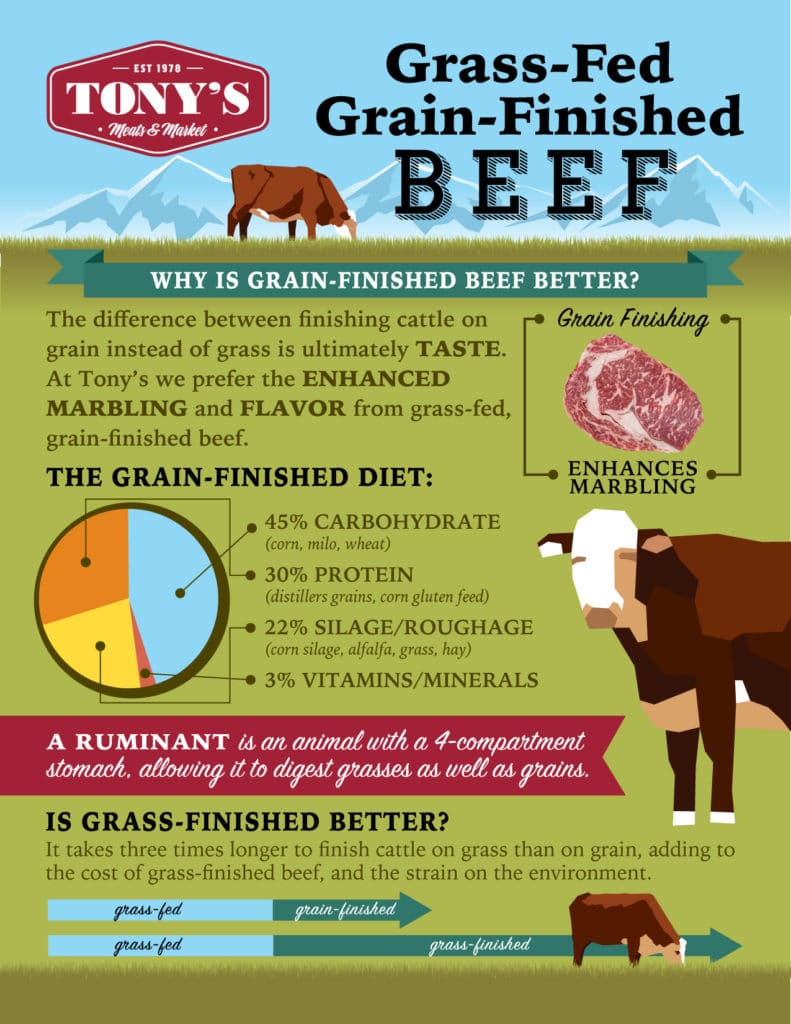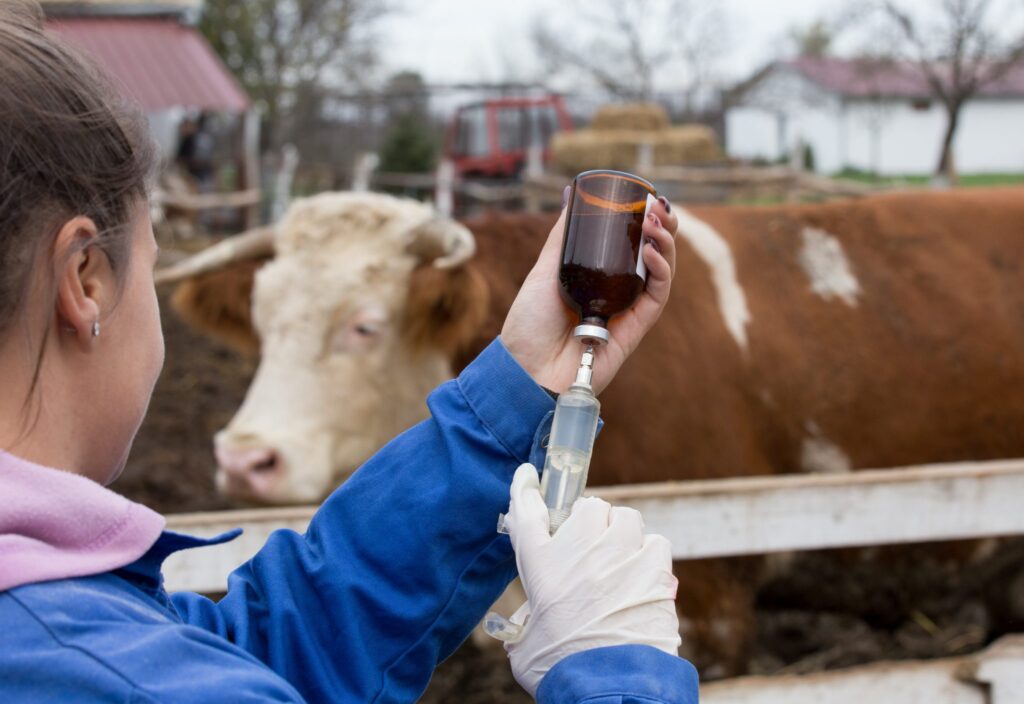Grassfed beef comes from cows that mainly eat grass. These same cows may consume grains during a “finishing” process that increases their weight, but they eat grass as calves and during much of their young lives. That’s why you might see the phrase “grassfed, grain finished” on beef packaging.
There aren’t any studies that prove that grassfed beef is better for your health than grainfed beef, and both are good sources of protein and other nutrients that include phosphorous, zinc, and vitamins B3, B6, and B12. But is grassfed beef good for you, regardless of how it’s finished?
Here are five reasons to add this beef to your menu or shopping list.
Higher Omega-3 Fatty Acids
Grassfed beef contains higher levels of omega-3 fatty acids, which are beneficial for heart health and have anti-inflammatory properties. Compared to grainfed beef, the ratio of omega-3 to omega-6 fatty acids is more favorable. An excessive intake of omega-6s to omega-3s may promote cardiovascular, inflammatory, and autoimmune diseases.
More Conjugated Linoleic Acid (CLA)
Grassfed beef is richer in conjugated linoleic acid (CLA), a type of fat that has been associated with various health benefits, including reduced body fat and improved immune function. Some animal and laboratory studies have shown that CLA may also have anti-cancer properties because it inhibits the growth of breast, colorectal, and lung cancer cells.
Lower in Total Fat
Grassfed beef is generally leaner than grainfed beef. Although this means there’s less marbling, it also means lower overall fat content, which helps people who need to reduce their fat intake for heart health. Fat is an essential macronutrient for the human body, but certain types of fats can be harmful if consumed in excess because they raise bad cholesterol levels.
Less Risk of Antibiotic Resistance
Grassfed cattle are typically raised with fewer antibiotics than grainfed cattle, which are kept in crowded feedlots and receive antibiotics to promote growth and prevent infection. When antibiotics are used, bacteria can develop resistance and even survive in the presence of these drugs. If meat is not properly cooked, these bacteria can be transmitted to humans who consume it.
Learn More About Grassfed Beef
Grassfed beef is good for you, but is it good for the environment? That’s the topic of next week’s article.

